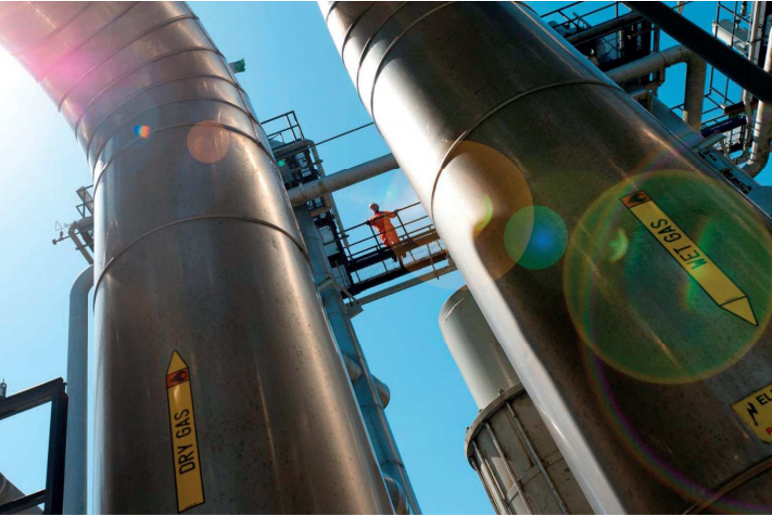BP published its yearly energy outlook in which the company explores the forces shaping the global energy transition out to 2040 and the key uncertainties surrounding that transition.
Most of the outlook takes as starting point the ‘Evolving Transition’ scenario, which assumes that government policies, technologies and societal preferences evolve in a manner and speed similar to the recent past.
Oil and gas
All the scenarios in BP’s 2019 outlook suggest that oil will continue to play a significant role in the global energy system in 2040, with oil demand in 2040 ranging between 80 to 130 million barrels per day (MMbpd).
“If future investment was limited to developing existing fields and there was no investment in new production areas, global production would decline at an average rate of around 4.5 percent per annum (based on IEA’s estimates), implying global oil supply would be only around 35 MMbpd in 2040,” BP’s Energy Outlook report states. And “Significant levels of investment are required for there to be sufficient supplies of oil to meet demand in 2040”

Natural gas grows strongly in every region. In the Evolving Transition scenario, natural gas grows at an average rate of1.7% per year, increasing nearly 50% by 2040. Growth in natural gas demand is led by industry (mainly in new developing countries) and the power sector due to the overall growth of power demand.
Renewables
Undeniable, renewables are the largest source of energy growth. In the ET scenario, renewables in power are the fastest growing energy source (7.6% p.a.), accounting for around two-thirds of the increase in global power generation and becoming the single largest source of global power generation by 2040.
The Outlook claims that renewables are set to penetrate the global energy system more quickly than any fuel in history! In the ET scenario, the share of renewables in world energy increases from 1% to 10% in around 25 years. Historically, it has taken many decades for new fuels to penetrate the energy system. For example, it took almost 45 years for the share of oil to increase from 1% of world energy to 10% in late 1800s/early 1900s. For natural gas, it took over 50 years from the beginning of the 20th century.

Download the full outlook HERE.





